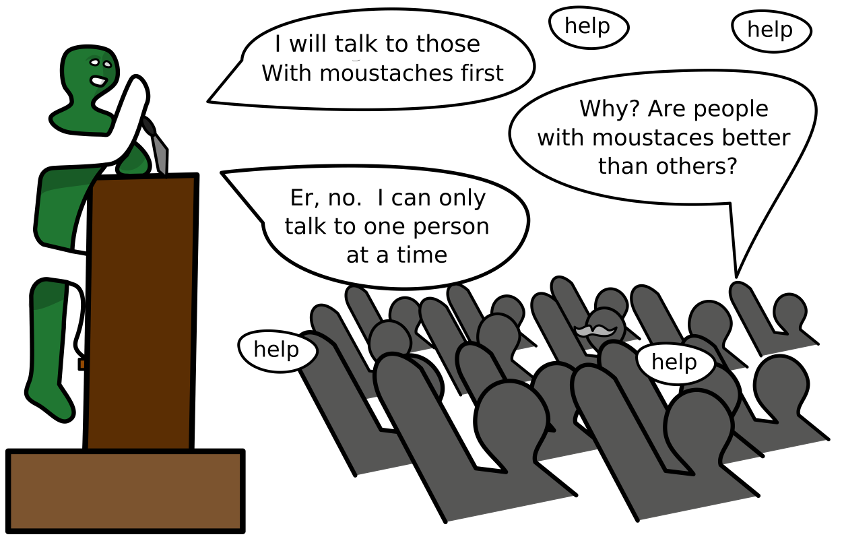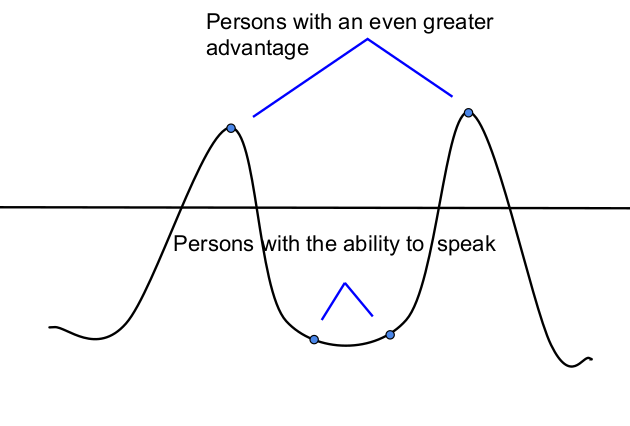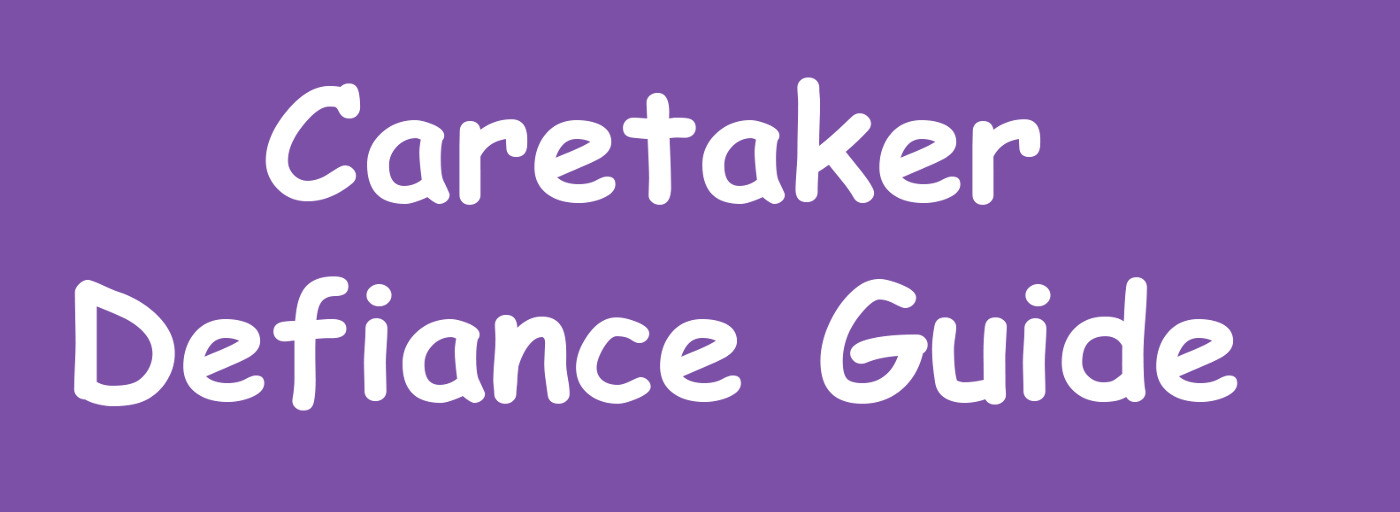Way 2: View People Who Do Not Have That Advantage as Less Than the People in Your Group

The people with the advantage of having the ability to speak no longer feel like they need to serve the group. They see the other members of the group as less than themselves. If those members without the advantage have sad feelings, it doesn’t matter as much as those with the advantage. The advantaged people might even start to think of those members without the advantage as resources for them to use.
Who would do this? Pretending People, Misguided People, and Bad Guys will do this the most. Their brains are very limited on how many people they can treat as equals, which is OK, except that, instead of admitting their limits, they will say that group deserves to be treated poorly. Learners and Workers might have reasons to use this view too. There may be cases where anyone may use this view. Sometimes people take this view if a bunch of needy people ask them for help all the time. For example, you might have to treat them as if they are less, just for now, because you don’t have enough time to talk to everyone.

Examples of people trying out this view: A group of friends calling others who walk by bad names. A king smiling at how hard other people struggle to work and suffer. An adult saying something like, “Those kids go to the candy like vermin go to cheese.” (The idea of having to treat children as equals is too hard for them to think about, so they compare them to an animal that most people don’t care much about. That way, life is easy for them again.)
Sometimes people who see things this way believe that people with a greater advantage should help them.
Those with an even greater advantage might ask themselves:
- Why should I help you if there are people even more disadvantaged than you, who you forgot about?
- What would you do if you had the advantages I have? Would you help the kind of person that you used to be?
- What would happen if you gained an even greater advantage than me? Would you forget about me?


